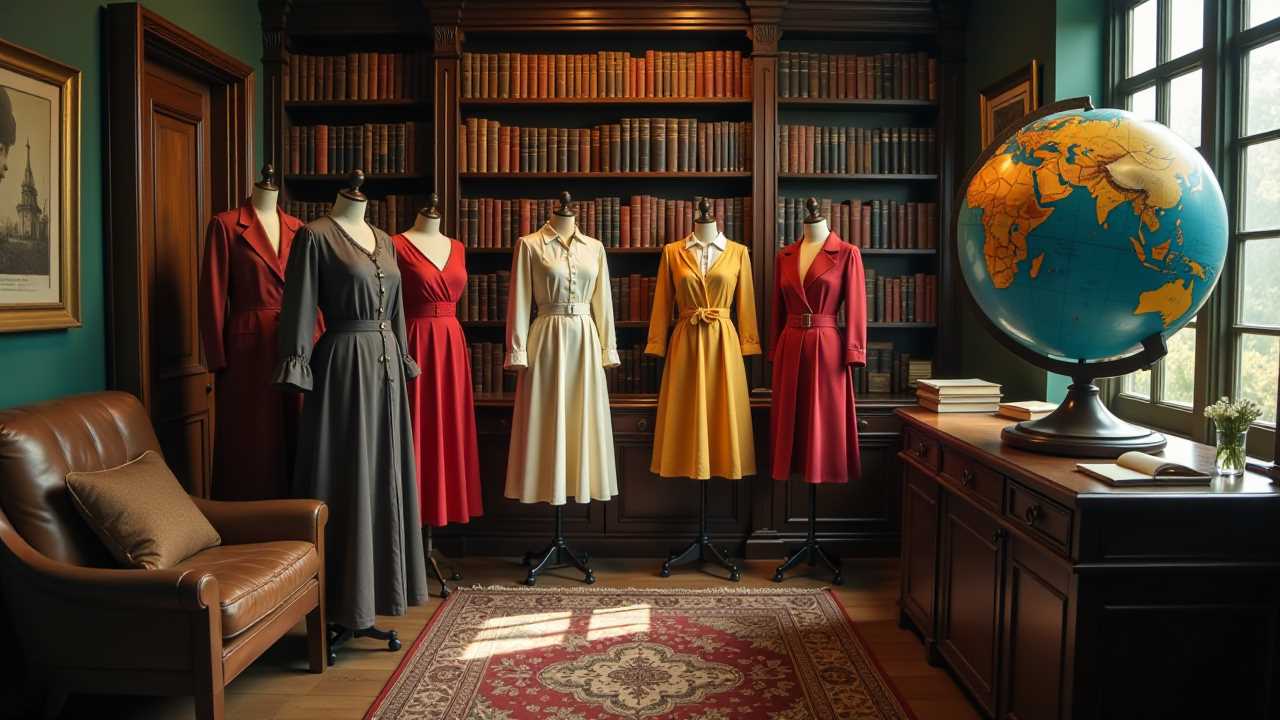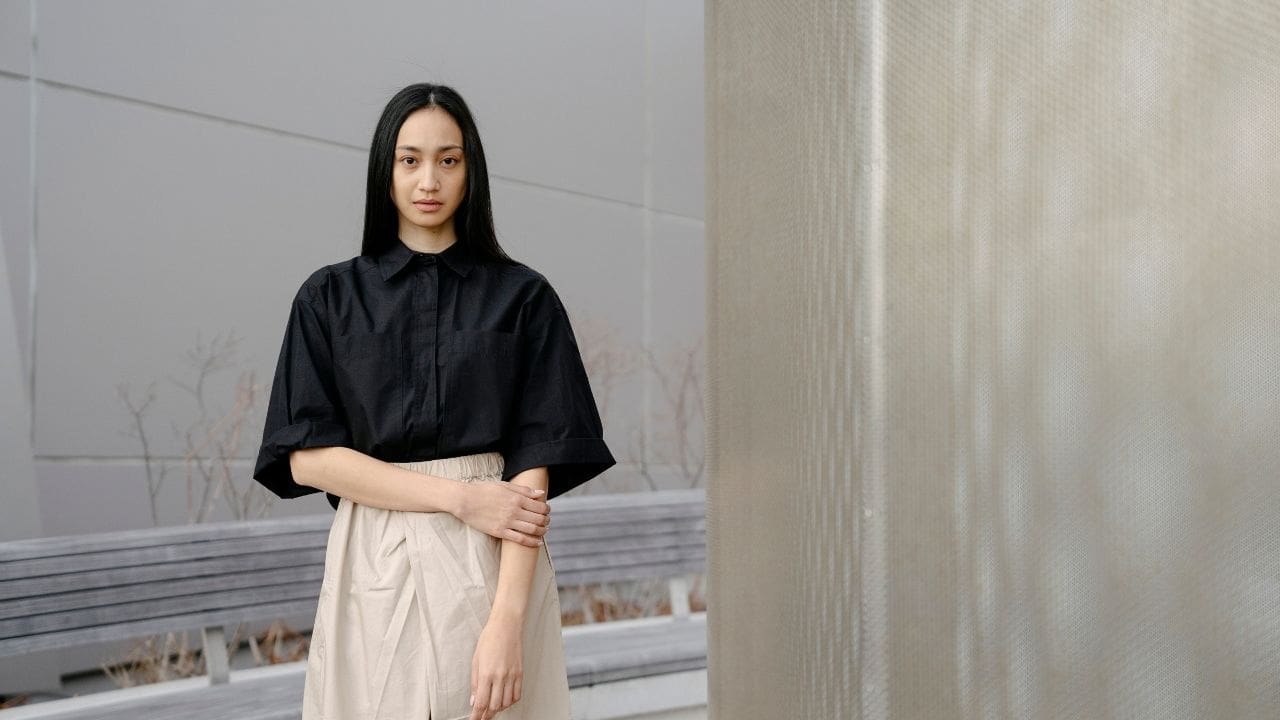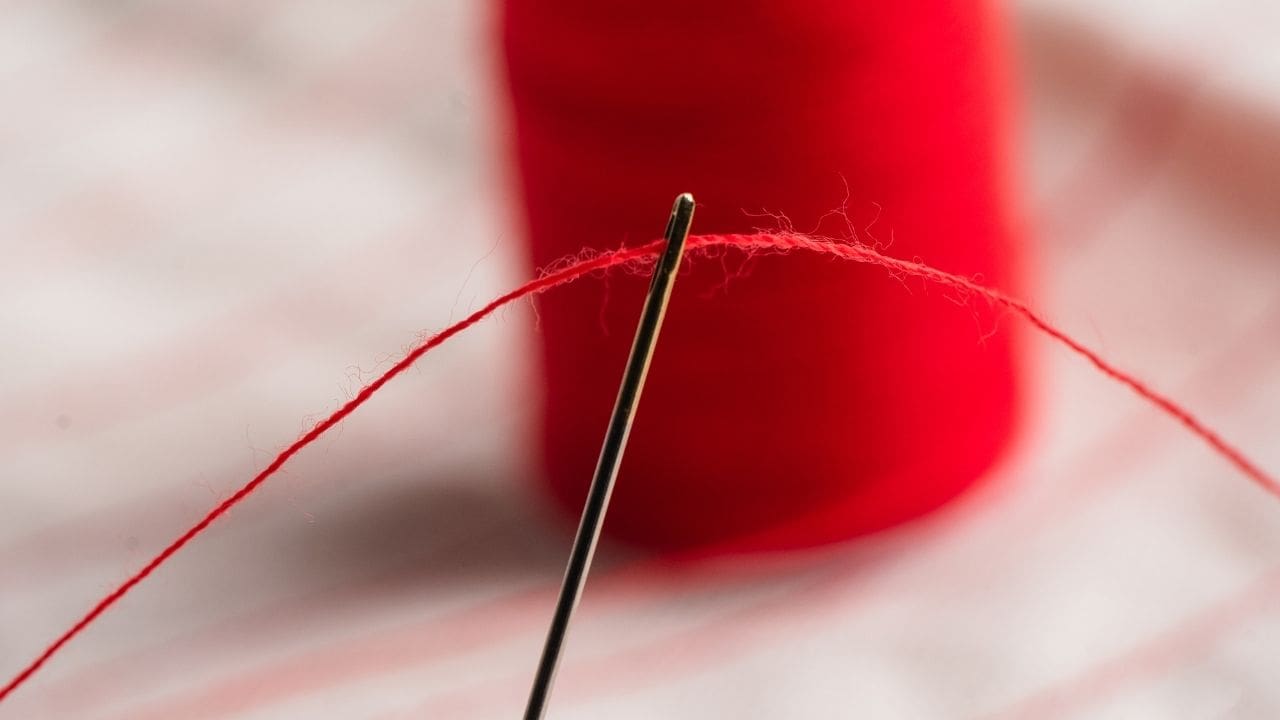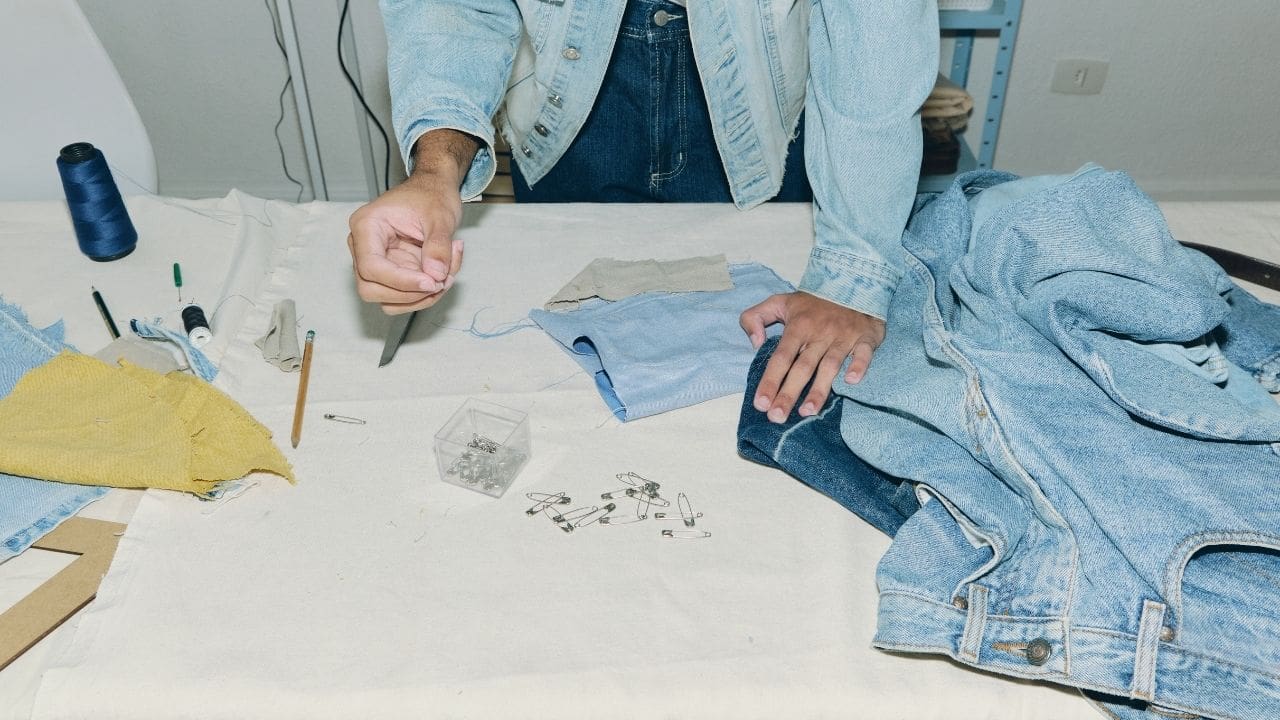Fashion
How Do I Stay Updated on Fashion History?
Stay current with fashion history by following blogs that provide insights into style evolution and influential designers. Engage with social media for visual

To stay updated on fashion history, investigate a variety of resources. Start by following fashion history blogs, which offer insights into style evolution and key designers. Engage with social media platforms like Instagram and TikTok, connecting with historians and enthusiasts for visual inspiration. Visiting museums and exhibitions allows you to appreciate garments and textiles firsthand. Don’t forget books and journals, which provide in-depth analyses often missing online. Finally, join communities focused on fashion history to share ideas and resources. This mix not only improves your understanding but also connects you with other passionate individuals. There’s much more to uncover.
Follow Fashion History Blogs
Staying connected with fashion history enriches your understanding of style evolution and its cultural significance. Following fashion history blogs is an excellent way to investigate this journey.
These blogs often highlight key moments, influential designers, and important trends that shaped the industry. You’ll discover how societal changes influence fashion and vice versa, helping you appreciate the depth behind what you wear.
When you read these blogs, you can engage with curated content that’s both informative and accessible. Look for ones that provide visuals, as they can bring historical context to life.
Engage With Social Media
In today’s digital landscape, engaging with social media can significantly boost your understanding of fashion history. Platforms like Instagram, Pinterest, and TikTok offer a visual feast of historical fashion trends and styles. Following fashion historians, museums, and vintage enthusiasts can provide daily doses of inspiration and knowledge.
You can join discussions, ask questions, and even share your insights with a community of like-minded individuals.

Remember to verify the credibility of the sources you follow. Not all content is accurate, so it’s wise to cross-reference information when necessary.
Engaging thoughtfully with social media not only amplifies your knowledge but also helps you connect with others who share your passion for fashion history, making the learning process enjoyable and rewarding.
Visit Museums and Exhibitions
Exploring fashion history becomes even more enriching when you visit museums and exhibitions. These spaces often showcase unique garments, accessories, and textiles that tell stories of different eras and cultures.
When you walk through the exhibits, you can see the craftsmanship and artistry that shaped fashion trends. Many museums offer guided tours, which can improve your understanding of the pieces on display.
Be sure to check their safety protocols, like mask requirements or social distancing guidelines, to guarantee your visit is comfortable.
Also, look for special exhibitions or events that focus on specific themes or designers. Engaging with fashion history in person allows you to connect with the past and see how it influences today’s styles.
Read Books and Journals
Diving into books and journals can significantly improve your understanding of fashion history. These resources offer in-depth insights and context that are often missing from online articles.

By dedicating time to read, you’ll gain a richer perspective on trends and their cultural significance. Here are some key benefits of engaging with these materials:
- Access to expert analyses and critiques
- Detailed illustrations and photographs of fashion items
- Historical timelines that highlight fashion evolution
- Personal narratives and interviews with influential designers
- Comprehensive bibliographies for further research
With a commitment to reading, you’ll deepen your appreciation for fashion’s intricate history.
Join Fashion History Communities
Connecting with fashion history communities can greatly improve your understanding and appreciation of the subject. Joining online forums, social media groups, or local clubs allows you to engage with like-minded individuals who share your passion.
These communities often share resources, organize events, and host discussions that deepen your knowledge. You’ll find a variety of perspectives and insights, helping you see fashion history in new ways.
Additionally, participating in these groups provides a safe space to ask questions and share your thoughts, fostering a supportive environment. Don’t hesitate to contribute; your unique experiences and insights can enrich the community.
Frequently Asked Questions
What Are Some Key Fashion History Events I Should Know About?
You should know about the invention of the sewing machine in 1846, the birth of haute couture in the mid-19th century, and the impact of World War II on fashion. These events shaped modern styles significantly.
How Can I Incorporate Fashion History Into My Personal Style?
To incorporate fashion history into your personal style, investigate vintage pieces that resonate with you. Mix and match eras, ensuring comfort and safety, while expressing your unique identity through thoughtfully curated outfits inspired by the past.

Which Fashion Designers Are Influential in Fashion History?
You’ll find influential designers like Coco Chanel, Christian Dior, and Alexander McQueen shaping fashion history. Their innovative styles and bold ideas transformed the industry, inspiring you to investigate and express your personal style with confidence.
Are There Online Courses for Learning About Fashion History?
Yes, you’ll find various online courses on fashion history. Platforms like Coursera or Udemy offer engaging content. They’ll help you investigate key trends, influential designers, and significant movements in a safe, informative environment.
How Do Historical Fashion Trends Influence Modern Fashion?
Historical fashion trends shape modern styles by inspiring designers, reviving silhouettes, and influencing color palettes. You’ll notice past trends reappear, offering fresh interpretations that improve your wardrobe while celebrating timeless elegance and creativity.

Hey there! I’m William Cooper, your go-to guy for all things travel at iMagazineDaily. I’m 39, living the dream in Oshkosh, WI, and I can’t get enough of exploring every corner of this amazing world. I’ve got this awesome gig where I blog about my travel escapades, and let me tell you, it’s never a dull moment! When I’m not busy typing away or editing some cool content, I’m out there in the city, living it up and tasting every crazy delicious thing I can find. Join me on this wild ride of adventures and stories, right here at iMagazineDaily. Trust me, it’s going to be a blast! 🌍✈️🍴







